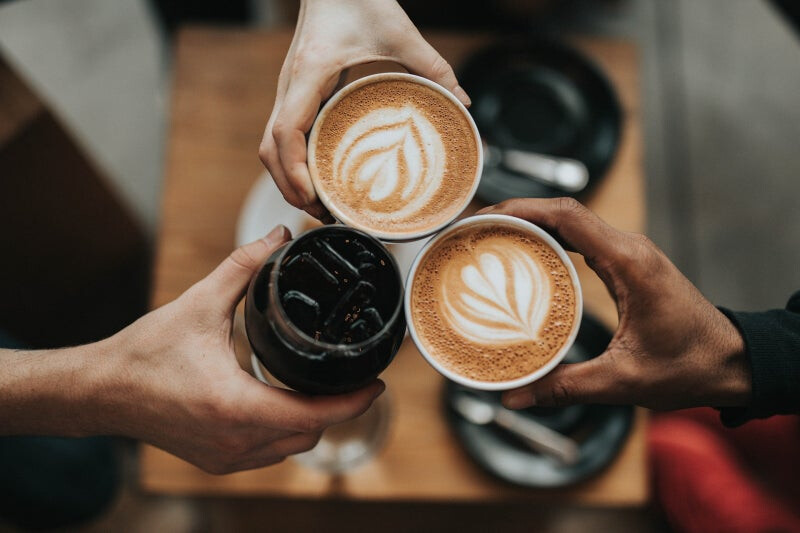
South Korea's love affair with coffee is undeniable. Data from the Korea Customs Service reveals a steady increase in coffee imports, reaching a record $1.24 billion in 2024. This surge in imports reflects the nation's insatiable appetite for coffee, with the average South Korean consuming 416 cups per year, the highest in the Asia-Pacific region.
The Rise of Coffee Culture in Korea
Coffee culture in Korea has deep roots, dating back to the late 19th century when Emperor Gojong enjoyed the beverage. In the early 20th century, "dabang" (tea houses) became popular social hubs where people gathered to enjoy coffee and conversation. The introduction of instant coffee in 1976 further expanded coffee consumption to homes and workplaces.
The arrival of Starbucks in 1997 marked a turning point, transforming Korea's coffee scene. Starbucks' success paved the way for numerous domestic and international coffee chains to enter the market, creating a vibrant and competitive landscape.
Why Koreans Love Coffee
Several factors contribute to Korea's coffee obsession. The clean, refreshing taste of black coffee, particularly iced Americanos, appeals to many Koreans. Coffee also pairs well with Korean cuisine, often serving as a palate cleanser after spicy and savory meals.
The Dark Side of the Coffee Boom
Despite its rapid growth, the Korean coffee market faces challenges. The market is becoming saturated, leading to intense competition and rising closure rates. In 2023 alone, over 12,000 cafes closed nationwide.
Rising coffee bean prices, driven by climate change and supply chain disruptions, are also squeezing profit margins. Arabica coffee bean prices reached a record high of $9,675.99 per ton in February 2024.
The Future of Coffee in Korea
Experts predict that the Korean coffee market will become increasingly polarized, with a focus on premium and budget-friendly options. As a discretionary good, coffee consumption is also sensitive to economic conditions. If the current trend of high inflation and low growth continues, the coffee market's explosive growth may slow down.
South Korea's coffee market has experienced remarkable growth, but it now faces significant challenges. To thrive in this competitive landscape, coffee businesses must adapt to changing consumer preferences and economic conditions.
[Copyright (c) Global Economic Times. All Rights Reserved.]






























